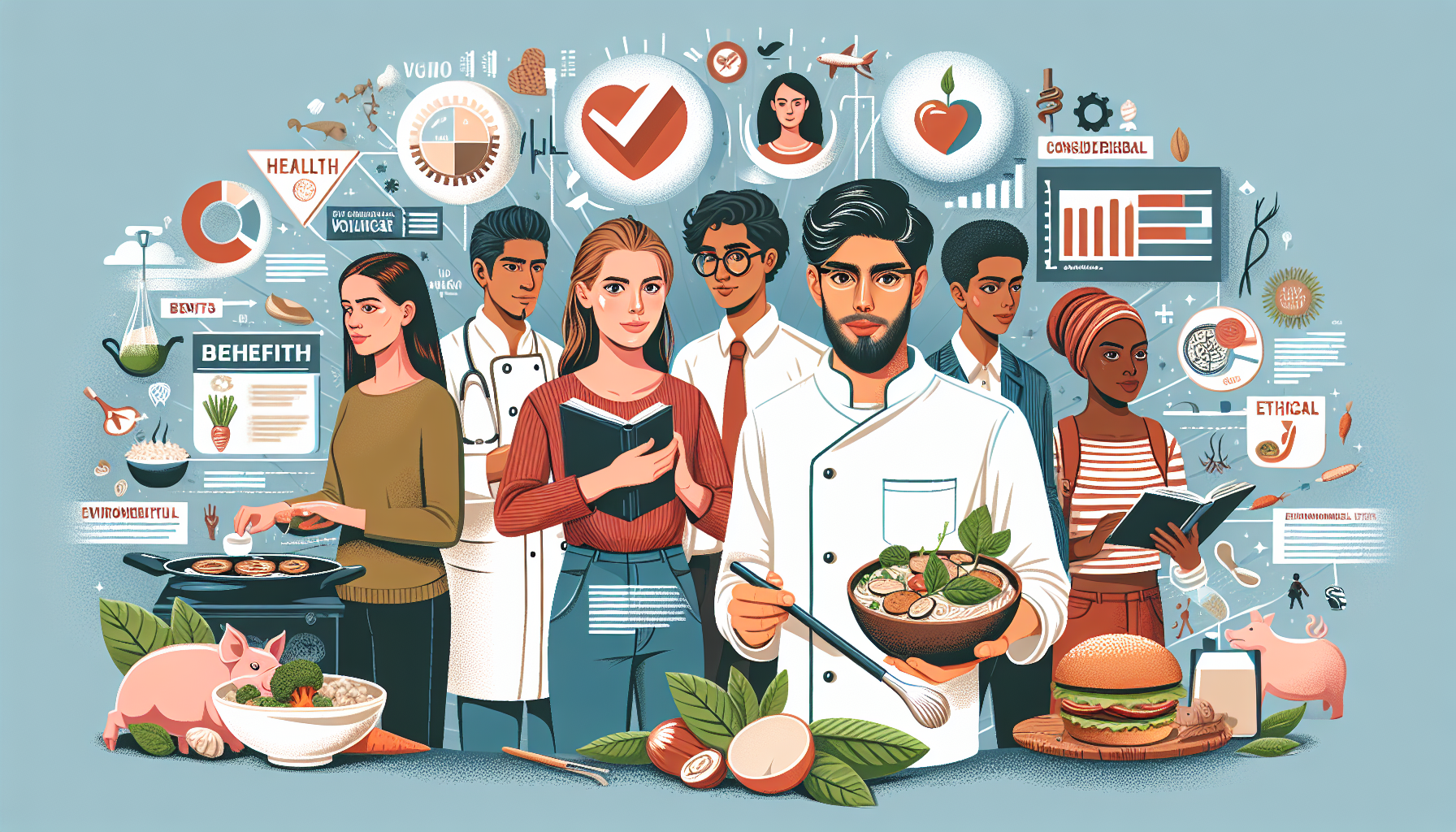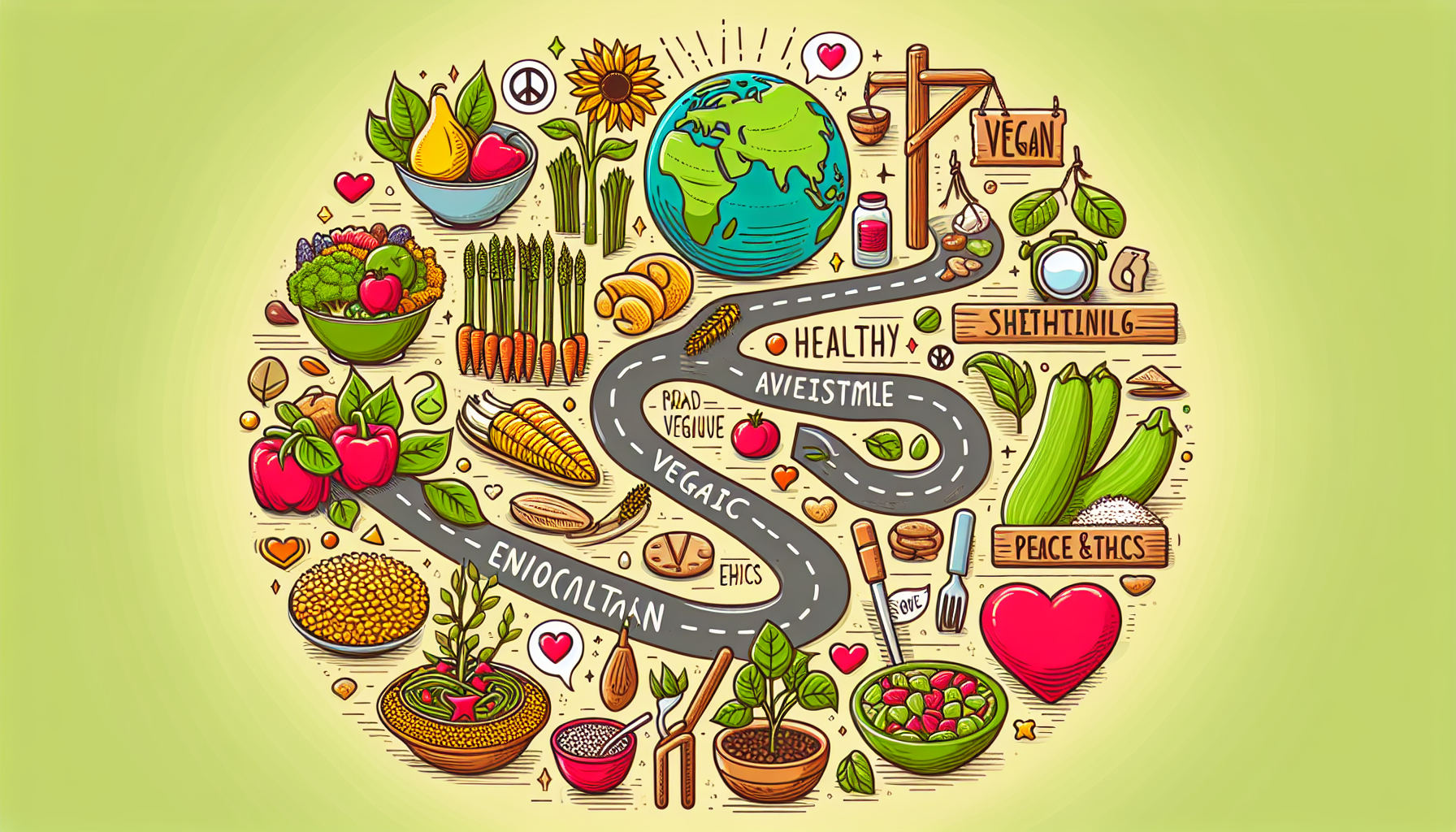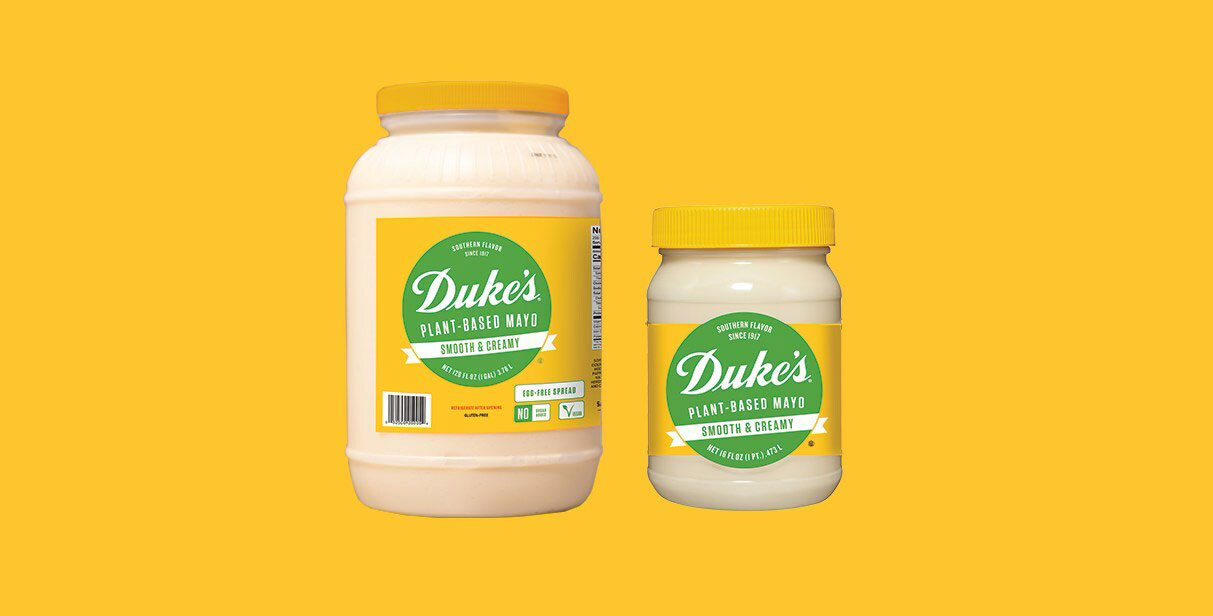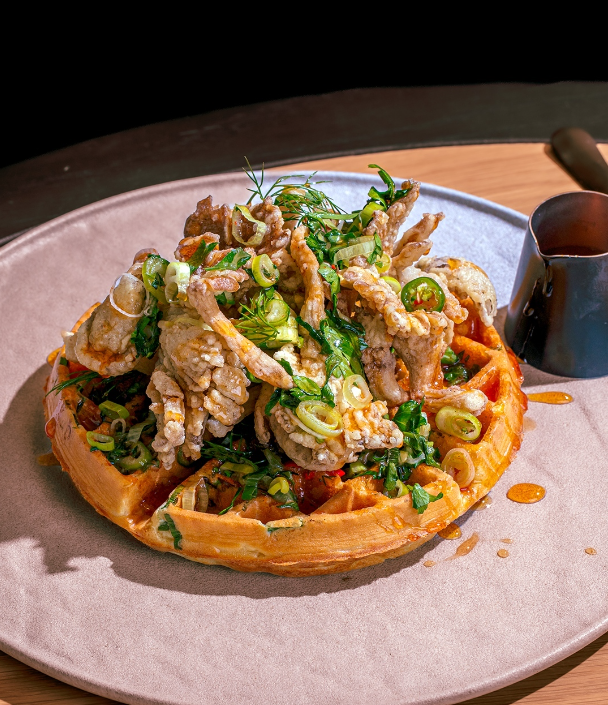Are you curious about the vegan lifestyle and want to learn more about it? Look no further! In this article, you will find all the necessary information to understand what it truly means to embrace a vegan lifestyle. From the benefits of a plant-based diet to the various reasons why people choose this path, we will explore the ins and outs of living a vegan lifestyle. So grab a cup of tea, sit back, and let’s dive into the world of veganism together!
Table of Contents
What is a Vegan Lifestyle?
Definition of veganism
A vegan lifestyle is a way of living that seeks to exclude the use of animals for food, clothing, or any other purpose. This means avoiding all animal products, including meat, dairy, eggs, and honey. Veganism is not just a diet but a philosophy that extends to all aspects of your life, from the products you use to the clothes you wear. It is based on the belief that animals have the right to live their lives free from exploitation and harm.
Philosophy behind veganism
The philosophy behind veganism is rooted in the belief that animals should not be used for human purposes. Vegans strive to live in harmony with other living beings by respecting their rights and well-being. This philosophy is based on the principles of compassion, non-violence, and justice. By choosing a vegan lifestyle, you are making a statement against the exploitation and suffering of animals, and promoting a more compassionate and sustainable way of living.
Health Benefits of a Vegan Lifestyle
Reduced risk of chronic diseases
Numerous studies have shown that following a vegan lifestyle can reduce the risk of chronic diseases such as heart disease, type 2 diabetes, and certain types of cancer. A plant-based diet is naturally low in saturated fat and cholesterol, which are major contributors to these diseases. Additionally, vegan diets are rich in fruits, vegetables, whole grains, and legumes, which are packed with antioxidants and other beneficial compounds that protect against diseases.
Weight management
Following a vegan lifestyle can also be beneficial for weight management. Plant-based diets are typically lower in calories and higher in fiber compared to diets that include animal products. This can help you feel fuller for longer, reduce cravings, and support healthy weight loss or maintenance. Additionally, studies have shown that vegans tend to have a lower body mass index (BMI) and lower overall body weight compared to non-vegans.
Improved digestion
The high fiber content of a vegan diet promotes healthy digestion and can help prevent constipation and other digestive issues. Fruits, vegetables, whole grains, and legumes are all excellent sources of dietary fiber, which adds bulk to the stool and promotes regular bowel movements. A well-balanced vegan diet can also provide the necessary nutrients and enzymes to support optimal digestion and gut health.
Increased nutrient intake
Contrary to common misconceptions, a well-planned vegan diet can provide all the necessary nutrients for optimal health. By focusing on whole, plant-based foods, you can ensure an adequate intake of vitamins, minerals, and antioxidants. Vegans often have higher levels of certain nutrients, such as fiber, vitamins C and E, and magnesium, which are important for overall health and well-being.
Enhanced skin health
A vegan diet that is rich in fruits, vegetables, whole grains, and healthy fats can contribute to glowing skin and a youthful appearance. These foods are packed with vitamins, minerals, and antioxidants that nourish the skin from within, promoting collagen production, reducing inflammation, and protecting against sun damage. Additionally, avoiding dairy products may improve skin conditions such as acne, as dairy has been linked to increased sebum production and hormonal imbalances.

Environmental Impact of a Vegan Lifestyle
Reduced greenhouse gas emissions
One of the most significant environmental benefits of a vegan lifestyle is the reduction in greenhouse gas emissions. Animal agriculture is a major contributor to greenhouse gas emissions, including carbon dioxide, methane, and nitrous oxide. By choosing a vegan diet, you significantly reduce your carbon footprint and lessen the impact on climate change.
Conservation of water resources
Animal agriculture requires a significant amount of water for feed production and animal husbandry. By adopting a vegan lifestyle, you can help conserve water resources, as plant-based foods typically have a lower water footprint than animal products. It takes less water to grow crops compared to raising animals for meat and other animal-based products.
Preservation of natural habitats
Animal agriculture is a leading cause of deforestation, as forests are cleared to make way for grazing land and growing feed crops. This destruction of natural habitats threatens biodiversity and contributes to climate change. By choosing a vegan lifestyle, you can help preserve natural habitats and protect endangered species by reducing the demand for animal-based products.
Decreased deforestation
The mass production of animal products often involves clearing vast areas of land for livestock grazing or growing animal feed crops, such as soybeans and corn. This deforestation leads to the loss of biodiversity, increased greenhouse gas emissions, and the displacement of indigenous populations. By adopting a vegan lifestyle, you contribute to the reduction of deforestation and the preservation of critical ecosystems.
Mitigation of pollution
Animal agriculture is a major source of water pollution, air pollution, and soil degradation. The runoff from factory farms can contaminate waterways with harmful pollutants, such as antibiotics, hormones, and pesticides. The emissions from animal waste can contribute to air pollution and respiratory issues in neighboring communities. By choosing a vegan lifestyle, you support the reduction of pollution and promote a healthier environment for all.
Ethical Considerations of a Vegan Lifestyle
Animal rights
One of the primary ethical considerations of a vegan lifestyle is the belief in animal rights. Vegans consider animals to be sentient beings with their own intrinsic value and right to be treated with respect and compassion. By choosing a vegan lifestyle, you are actively advocating for the rights of animals and refusing to participate in their exploitation for food, clothing, or entertainment.
Preventing animal cruelty
The cruel practices involved in animal agriculture are another ethical concern that drives people towards a vegan lifestyle. Factory farming, in particular, often involves overcrowded and unsanitary conditions, routine mutilations, and inhumane slaughter methods. By adopting a vegan lifestyle, you are choosing to opt out of supporting these cruel practices and promoting a more compassionate treatment of animals.
Promoting compassion
Compassion is a fundamental value of veganism. By embracing a vegan lifestyle, you are expressing your compassion for all living beings and recognizing the interconnectedness of our actions. This compassion extends not only to animals but also to humans and the planet. By promoting compassion in your choices, you contribute to a more harmonious and empathetic world.
Eliminating exploitation
Vegans believe in the fundamental principle of non-exploitation. By choosing a vegan lifestyle, you are taking a stand against the exploitation of animals for human gain. This includes the use of animals for food, clothing, experimentation, or entertainment. A vegan lifestyle encourages us to find alternative ways to meet our needs and desires that do not involve the exploitation of sentient beings.

Common Misconceptions about Veganism
Lack of protein
One common misconception about veganism is that it is difficult to meet protein requirements on a plant-based diet. However, there are many plant-based sources of protein, such as beans, lentils, tofu, tempeh, seitan, quinoa, and hemp seeds. By incorporating a variety of these protein-rich foods into your diet, you can easily meet your protein needs.
Limited food options
Another common misconception is that vegan diets are restrictive and limit your food options. In reality, there is a wide range of plant-based foods available, allowing for diverse and flavorsome meals. Fruits, vegetables, grains, legumes, nuts, and seeds offer a plethora of options for creating delicious and satisfying meals. With a little creativity and exploration, you can enjoy a diverse and exciting vegan diet.
Difficulty dining out
Some people may believe that dining out is challenging when following a vegan lifestyle. While it can require a little more effort and research, most restaurants offer vegan options, and many are even dedicated to catering to vegan customers. With the rise in popularity of veganism, finding vegan-friendly restaurants and dishes has become increasingly easier. Additionally, you can always communicate your dietary preferences to the staff and ask for vegan modifications to existing menu items.
Need for supplementation
Another misconception is that a vegan diet is nutritionally deficient and requires supplementation. While it is essential for vegans to pay attention to certain nutrients, such as vitamin B12 and omega-3 fatty acids, it is possible to obtain these nutrients from plant-based sources or through supplementation. With proper planning and a balanced vegan diet, it is entirely feasible to meet all your nutritional needs without the need for excessive supplementation.
Expensive
Some people may assume that following a vegan lifestyle is expensive due to the cost of specialty vegan products and ingredients. However, a well-planned vegan diet can be cost-effective, as many plant-based staples, such as beans, lentils, rice, and vegetables, are affordable and widely available. Additionally, buying local and in-season produce, cooking meals from scratch, and reducing reliance on processed foods can help keep your grocery bills in check.
Transitioning to a Vegan Lifestyle
Gradual approach
Transitioning to a vegan lifestyle doesn’t have to happen overnight. For many people, a gradual approach is more sustainable and manageable. Start by incorporating more plant-based meals into your diet and gradually decreasing your consumption of animal products. Set small achievable goals and allow yourself time to adjust to new flavors and cooking techniques.
Educating yourself
Educating yourself about veganism, nutrition, and the environmental impact of animal agriculture is essential when transitioning to a vegan lifestyle. Understanding the benefits of a vegan diet and the ethical considerations behind it can help strengthen your commitment and motivation. Look for reliable resources, books, documentaries, and online communities to expand your knowledge and connect with like-minded individuals.
Meal planning and shopping
Meal planning and shopping are key components of a successful transition to a vegan lifestyle. Plan your meals in advance to ensure a well-balanced and varied diet. Make a shopping list and stock your pantry with vegan staples such as grains, legumes, nuts, seeds, and plant-based milks. Explore new ingredients and experiment with different flavors and cooking techniques to keep your meals exciting and enjoyable.
Finding vegan substitutes
Finding suitable substitutes for your favorite animal-based products can make the transition to a vegan lifestyle easier. Nowadays, there are countless vegan alternatives available, from plant-based meats and cheeses to dairy-free milks and desserts. Take the time to explore these options and find the ones that suit your taste and dietary preferences.
Building a support network
Building a support network of like-minded individuals can provide invaluable encouragement and guidance during your transition to a vegan lifestyle. Look for local vegan meetups, online forums, or social media groups where you can connect with others who share your values and goals. Surrounding yourself with a supportive community can help you navigate challenges, share recipes, and exchange experiences.
Vegan Nutrition Guide
Essential nutrients
Following a balanced vegan diet can provide all the essential nutrients your body needs for optimal health. However, it’s essential to pay attention to certain nutrients that may require special consideration on a vegan diet. Some key nutrients to focus on include protein, iron, calcium, omega-3 fatty acids, vitamin B12, and vitamin D. By incorporating a variety of whole, plant-based foods, you can easily meet your nutritional needs.
Protein sources
Protein is an essential macronutrient that plays a crucial role in building and repairing tissues, supporting immune function, and regulating hormone production. Plant-based sources of protein include legumes, tofu, tempeh, seitan, quinoa, nuts, seeds, and whole grains. Including a variety of these protein-rich foods in your meals can ensure an adequate protein intake.
Iron-rich foods
Iron is a mineral that is essential for the production of red blood cells and oxygen transport in the body. While heme iron from animal sources is more readily absorbed, there are plenty of plant-based sources of iron that can be incorporated into a vegan diet. These include legumes, spinach, kale, tofu, tempeh, quinoa, fortified cereals, and dried fruits. Pairing iron-rich foods with vitamin C-rich foods can enhance iron absorption.
Calcium sources
Calcium is necessary for maintaining strong bones and teeth, as well as aiding in muscle function and blood clotting. While dairy products are the most commonly known source of calcium, there are numerous plant-based sources available. Some calcium-rich foods include dark leafy greens, tofu (made with calcium sulfate), fortified plant-based milks, fortified orange juice, almonds, and sesame seeds.
Vitamin B12 supplementation
Vitamin B12 is vital for proper red blood cell formation, neurological function, and DNA synthesis. Since it is primarily found in animal products, it is essential for vegans to supplement their diet with vitamin B12. This can be done through fortified foods, such as plant-based milks and cereals, or by taking a vitamin B12 supplement. Regular testing and monitoring of vitamin B12 levels is also recommended.
How to Ensure a Balanced Vegan Diet
Eating a variety of foods
Eating a variety of foods is essential to ensure a balanced vegan diet that meets all your nutritional needs. Include a wide range of fruits, vegetables, whole grains, legumes, nuts, seeds, and plant-based proteins in your meals. Aim to incorporate foods from different color groups to ensure a diverse intake of vitamins, minerals, and antioxidants.
Monitoring macronutrient intake
While it’s not necessary to meticulously track every calorie and macronutrient, it can be helpful to have a general awareness of your macronutrient intake. Aim to include a source of protein, healthy fats, and complex carbohydrates in each meal. Including a balance of macronutrients will help keep you feeling satiated and provide a steady release of energy throughout the day.
Understanding portion sizes
While a vegan diet generally allows for greater flexibility in portion sizes due to the lower caloric density of plant-based foods, it’s still important to be mindful of portion sizes. Pay attention to your hunger and fullness cues, and aim to eat until you are satisfied but not overly full. It can be helpful to familiarize yourself with standard portion sizes and use measuring cups or a food scale as needed.
Importance of whole foods
While it’s tempting to rely on vegan processed foods, it’s important to prioritize whole, minimally processed foods in your diet. Whole foods retain their natural fiber, vitamins, and minerals, and generally have a higher nutrient density compared to processed foods. Aim to include a variety of whole grains, vegetables, fruits, legumes, nuts, and seeds in your meals.
Avoiding highly processed foods
While it’s okay to enjoy the occasional vegan treat or convenience food, it’s important to be mindful of your consumption of highly processed foods. These foods are often high in added sugars, unhealthy fats, and sodium, and may lack the essential nutrients found in whole foods. Opt for whole food-based meals and snacks whenever possible and reserve processed foods for special occasions.
Vegan-Friendly Recipes and Meal Ideas
Breakfast options
- Vegan Overnight Oats: Combine rolled oats, plant-based milk, chia seeds, and your choice of fruits, nuts, and spices. Let it sit in the refrigerator overnight, and enjoy a delicious and nutritious breakfast in the morning.
- Tofu Scramble: Crumble firm tofu and sauté it with vegetables, spices, and nutritional yeast for a protein-packed vegan alternative to scrambled eggs.
- Smoothie Bowl: Blend frozen fruits, plant-based milk, and a handful of greens to create a thick and creamy smoothie. Top with your favorite toppings, such as granola, nuts, seeds, and fresh fruit.
Lunch and dinner recipes
- Chickpea Curry: Sauté onions, garlic, and spices, then add cooked chickpeas, tomatoes, and coconut milk. Simmer until flavors are well blended, and serve over rice or with naan bread.
- Lentil Bolognese: Cook lentils until tender, then simmer them with tomatoes, vegetables, herbs, and spices for a vegan twist on classic Bolognese sauce. Serve over whole wheat pasta or zucchini noodles.
- Buddha Bowl: Assemble a variety of cooked and raw vegetables, grains, legumes, and a flavorful dressing for a nutritious and customizable meal.
Snack ideas
- Hummus and Veggie Sticks: Dip crunchy carrot, cucumber, and bell pepper sticks into homemade or store-bought hummus for a satisfying and nutrient-packed snack.
- Energy Balls: Combine dates, nuts, seeds, and your choice of flavorings in a food processor, then roll into bite-sized balls. Refrigerate until firm, and enjoy as a quick and energizing snack.
- Roasted Chickpeas: Toss cooked chickpeas with olive oil, spices, and salt, then bake until crispy. These protein-packed snacks are perfect for satisfying those crunchy cravings.
Dessert recipes
- Vegan Chocolate Avocado Mousse: Blend ripe avocados, cocoa powder, plant-based milk, and a sweetener of your choice until smooth and creamy. Refrigerate until set, and indulge in a rich and decadent chocolate dessert.
- Fruit Nice Cream: Blend frozen bananas and your choice of fruits until creamy and smooth. Serve immediately for a healthy and refreshing vegan alternative to ice cream.
- Vegan Brownies: Combine flour, cocoa powder, sugar, plant-based milk, and oil to create a delicious batch of fudgy vegan brownies. Top with your favorite vegan chocolate chips or nuts for added indulgence.
Holiday and special occasion meals
- Vegan Lentil Loaf: Mix cooked lentils, vegetables, herbs, and spices, then bake in a loaf pan for a hearty and flavorful vegan alternative to meatloaf. Serve with mashed potatoes, gravy, and roasted vegetables for a comforting holiday meal.
- Stuffed Portobello Mushrooms: Fill portobello mushroom caps with a savory stuffing made from breadcrumbs, vegetables, herbs, and plant-based cheese. Bake until the mushrooms are tender and the filling is golden brown.
- Vegan Pumpkin Pie: Use a vegan pie crust and a filling made from blended pumpkin puree, coconut milk, spices, and a sweetener of your choice for a delicious vegan version of this classic holiday dessert.
Dealing with Challenges and Social Aspects
Navigating social situations
Eating vegan in social situations, such as parties or family gatherings, can sometimes be challenging. It can be helpful to communicate your dietary preferences in advance and offer to bring a vegan dish to share. Alternatively, try to focus on the non-food aspects of the event and enjoy the company of your loved ones.
Dealing with unsupportive individuals
Not everyone will understand or support your decision to follow a vegan lifestyle. It’s important to remember why you made this choice and to stay true to your values. Surround yourself with supportive individuals who respect your choices, and try to educate those who may be curious or misinformed about veganism.
Coping with cravings
Cravings for non-vegan foods can occasionally arise, especially if you’re transitioning to a vegan lifestyle. It can be helpful to remind yourself of the reasons you chose this lifestyle, and to focus on finding vegan alternatives or recreating your favorite dishes using plant-based ingredients. There are often vegan versions of popular comfort foods and treats available that can help satisfy cravings.
Overcoming barriers to eating out
While eating out as a vegan can pose some challenges, it’s becoming increasingly easier as the demand for vegan options grows. Before dining out, research vegan-friendly restaurants in your area or check menus online. If there aren’t vegan options available, contact the restaurant in advance and inquire about vegan modifications or special requests. Many restaurants are happy to accommodate dietary preferences with prior notice.
Addressing concerns from family and friends
Your decision to follow a vegan lifestyle may raise concerns or questions from family and friends. It can be helpful to share your reasons for choosing veganism and provide information about the health and environmental benefits. Offer to cook a delicious vegan meal for your loved ones to show them how satisfying and tasty plant-based eating can be. Be patient and understanding with their concerns, and try to have open and respectful conversations about your choices.






